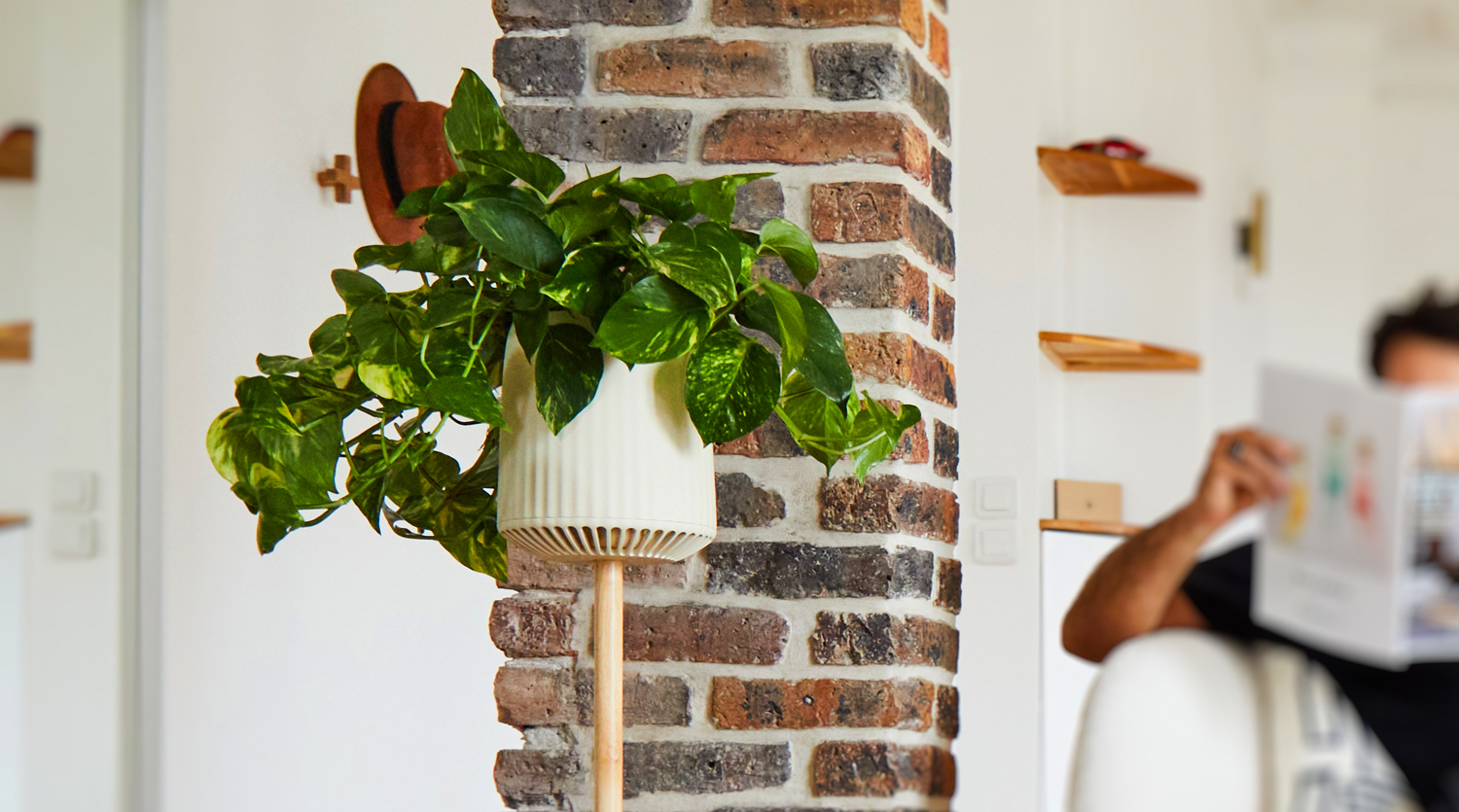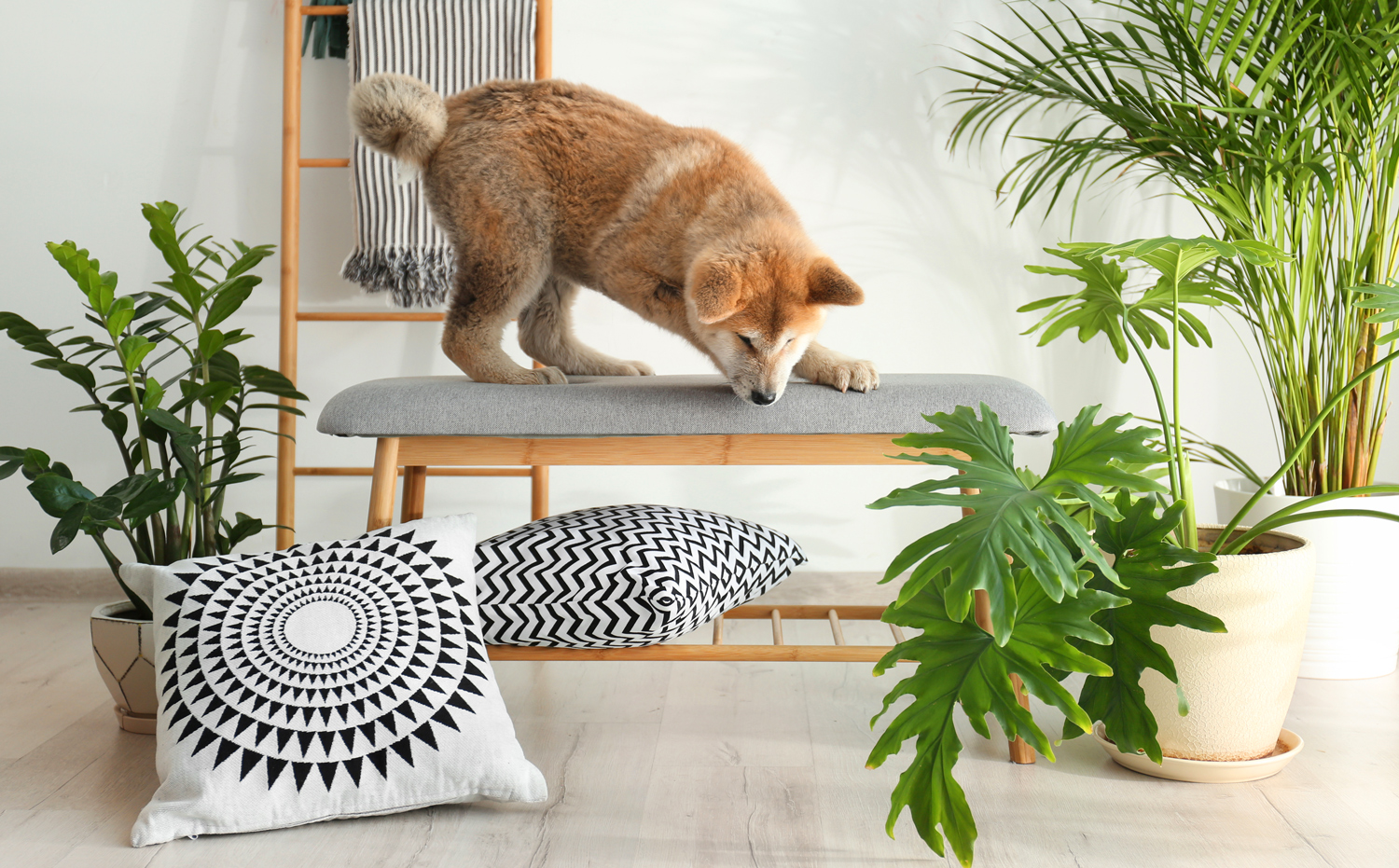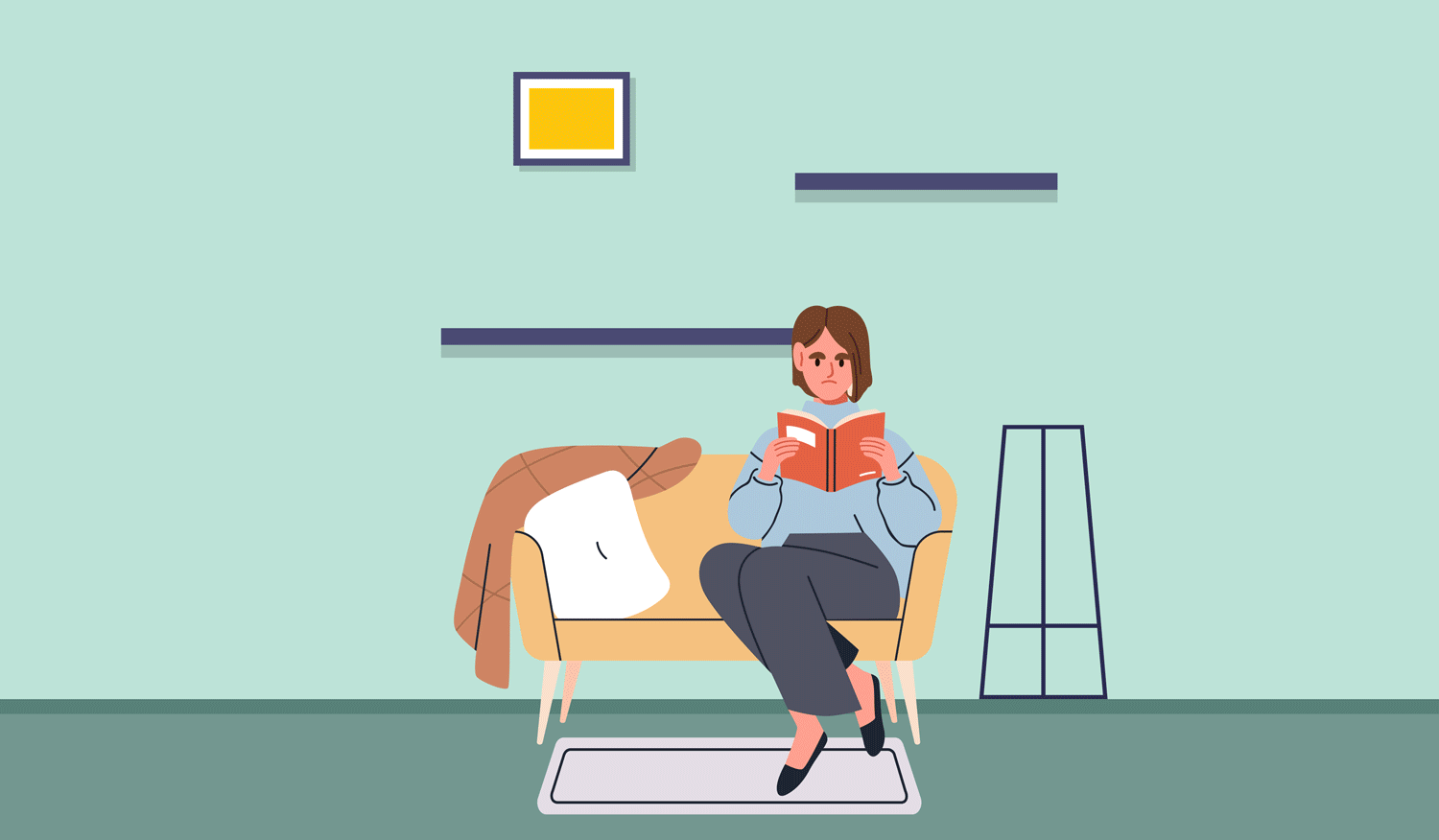Can This Plant Clean Indoor Pollution?

A company in France has developed a houseplant that it claims can remove 30 times more pollution from indoor air than a typical houseplant. Called the Neo P1, the plant is genetically engineered to turn toxins into plant fuel.
Indoor air can be full of toxins from many sources, including paint, household cleaners, and insulation. Some of these toxins, called volatile organic compounds (VOCs), can’t be removed by air purifiers—and it’s not always possible to open a window to allow natural airflow to clean the environment. Experts say houseplants can remove VOCs by absorbing them into their roots and leaves. But studies show that having a few houseplants around won’t significantly improve air quality.
In developing the Neo P1, French company Neoplants took a type of plant called a golden pothos and made two key changes. First, they engineered it to ensure it absorbs more VOCs than regular houseplants. Second, they designed the plant to convert the VOCs it absorbs into substances like sugar and carbon dioxide, both of which help the plant to grow.
Neoplant sent their creation to air quality experts at Ecole Mines-Télécom at Lille University, who did tests comparing the Neo P1 with regular golden pothos plants. They found that the genetically engineered plant was about 30 times more effective at removing VOCs than the regular ones.
The plant costs about $179, which is about 10 times the cost of a regular golden pothos plant.



